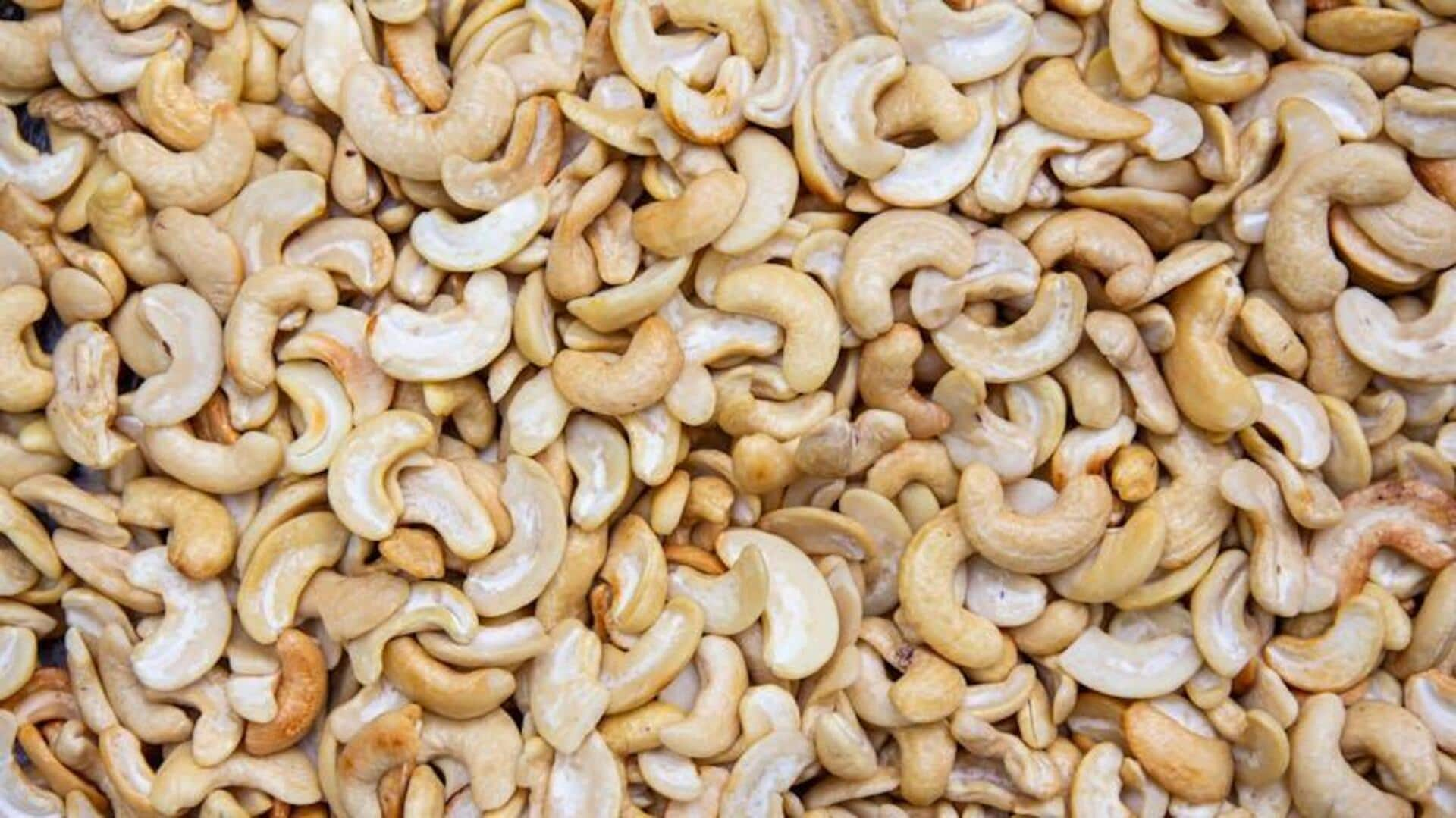
Cashew v/s pecan: Comparing their nutrition
What's the story
Cashews and pecans are two of the most popular nuts that provide unique nutritional benefits. Although both are packed with healthy fats, vitamins, and minerals, they vary in their specific nutrient profiles. Knowing these differences can help you make the right dietary choices according to your nutritional needs and preferences. Here are the nutritional differences between cashews and pecans and their health benefits.
#1
Fat content comparison
Cashews are also lower in fat than pecans. Cashews have roughly 12 grams of fat per ounce, compared to pecans' 20 grams per ounce. Not only the quantity but also the kind of fat differs; cashews have more monounsaturated fats, which are good for the heart. Pecans, on the other hand, have more polyunsaturated fats that promote brain health.
#2
Protein levels in nuts
When it comes to protein content, cashews also take the lead with around five grams per ounce compared to pecans' three grams per ounce. Protein is essential for muscle repair and growth, as well as overall body function. Those looking to increase their protein intake might prefer cashews over pecans due to this difference.
#3
Vitamin E content analysis
Pecans are more richer in vitamin E than cashews. Vitamin E serves as an antioxidant which protects cells from free radical damage. Pecans give roughly 2% of the daily recommended intake per ounce, while cashews provide less than 1%. Including vitamin E-rich food such as pecans can be beneficial for skin health and immune function.
#4
Mineral composition differences
Both nuts provide several essential minerals but vary in concentration levels. Cashews are especially rich in magnesium, which promotes bone health and energy production, providing roughly 20% of the daily value per ounce. Pecans, on the other hand, shine in their manganese content, offering more than 60% of the daily value per ounce, which helps regulate metabolism and bone formation.